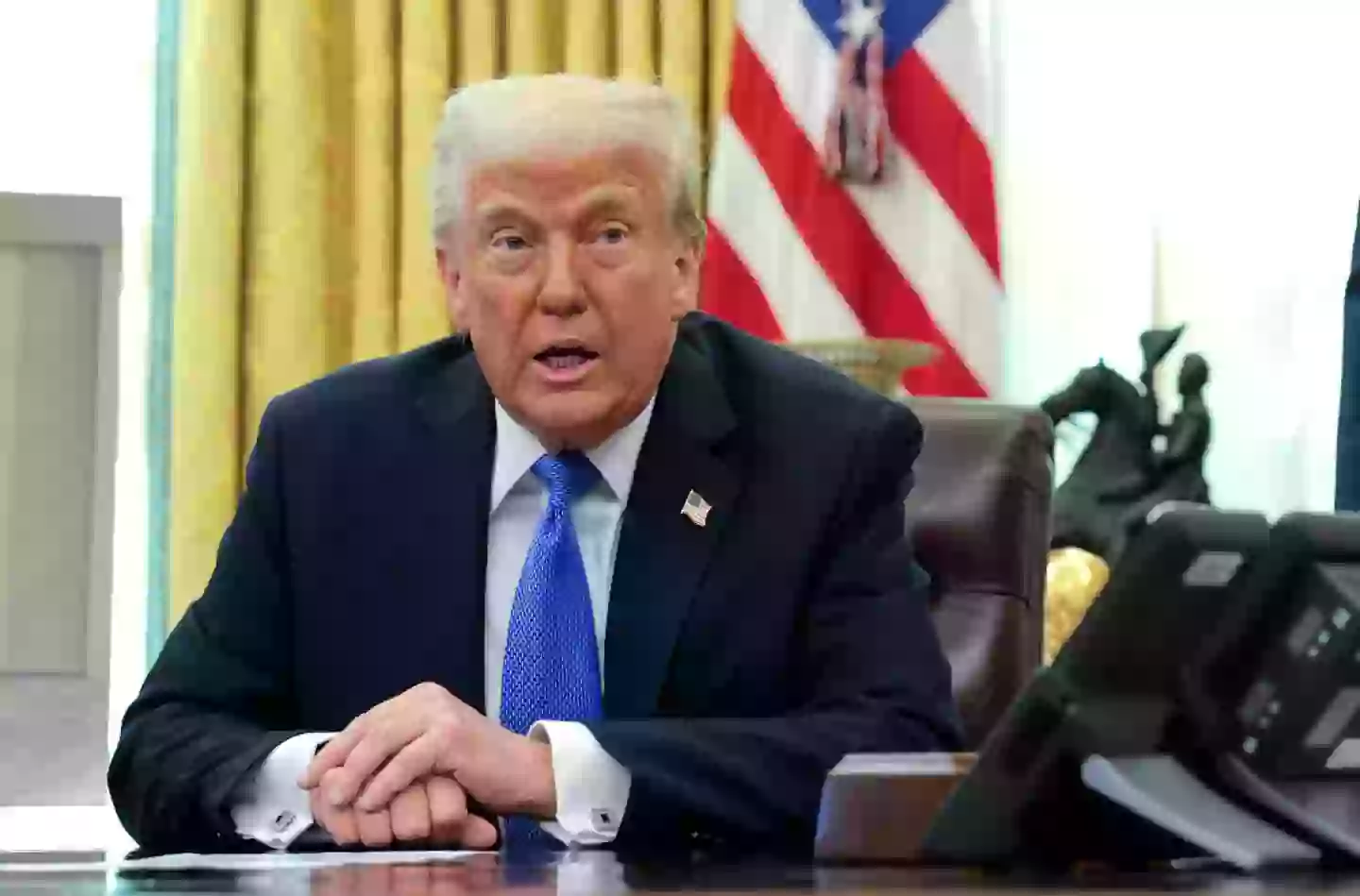The order applies to migrants who came under a program accelerated under the Biden administration
The president is planning on stripping the legal status of 530,000 migrants in the US as he debates deporting Ukrainian refugees next.
Donald Trump is intensifying his hardline stance on immigration with a bold new move to strip temporary legal status from hundreds of thousands of migrants who entered the U.S. through a humanitarian parole program.
In a striking announcement on Friday (March 21), Department of Homeland Security Secretary Kristi Noem revealed a notice to the Federal Register outlining the policy shift. This decision targets Cubans, Haitians, Nicaraguans, and Venezuelans who arrived in the U.S. under a sponsorship process since October 2022, potentially upending their legal standing and future in the country.

Donald Trump is escalating his crackdown on immigration with a sweeping new order that could force hundreds of thousands of migrants to leave the U.S. sooner than expected.
Previously, migrants under the humanitarian parole program could remain in the country until their parole expiry date. However, their asylum and visa applications—potential pathways to legal residency—have remained in limbo. Now, the administration is not only targeting these groups but is also eyeing the fate of approximately 240,000 Ukrainians who sought refuge in the U.S. since the onset of the Russia-Ukraine conflict in 2021.
On March 6, Trump stated he would decide “very soon” whether to revoke their temporary parole status, hinting at ending their protections even before Washington’s diplomatic rift with Kyiv deepened. Under the parole framework, migrants must leave the U.S. by their expiration date unless they secure another legal basis to stay.
The Department of Homeland Security reinforced this stance in the official notice, stating, “Parole is inherently temporary, and parole alone is not an underlying basis for obtaining any immigration status.”
This move is part of the Trump administration’s broader push to curb what it calls the “abuse” of humanitarian parole—historically used to grant temporary refuge to individuals fleeing political turmoil or violence.
During his campaign, Trump pledged mass deportations of undocumented immigrants while tightening legal immigration channels, branding the current system as an “invasion.” His decision to terminate the CHNV parole program has already sparked legal challenges, with activists and lawmakers taking the fight to federal courts.
Karen Tumlin, founder of the Justice Action Center—one of the organizations suing the administration—slammed the policy as “reckless, cruel, and counterproductive,” warning that it will “cause needless chaos and heartbreak for families and communities across the country.”
Adding to the controversy, Trump has revived the rarely used Alien Enemies Act of 1798, a wartime-era law allowing mass deportations of non-citizens accused of crimes—without trial. Last week alone, over 250 individuals were forcibly removed under this legislation, reportedly sent to El Salvador’s notorious high-security prison.
As Trump doubles down on his hardline immigration policies, fierce legal battles and humanitarian concerns continue to mount, setting the stage for a high-stakes political showdown.